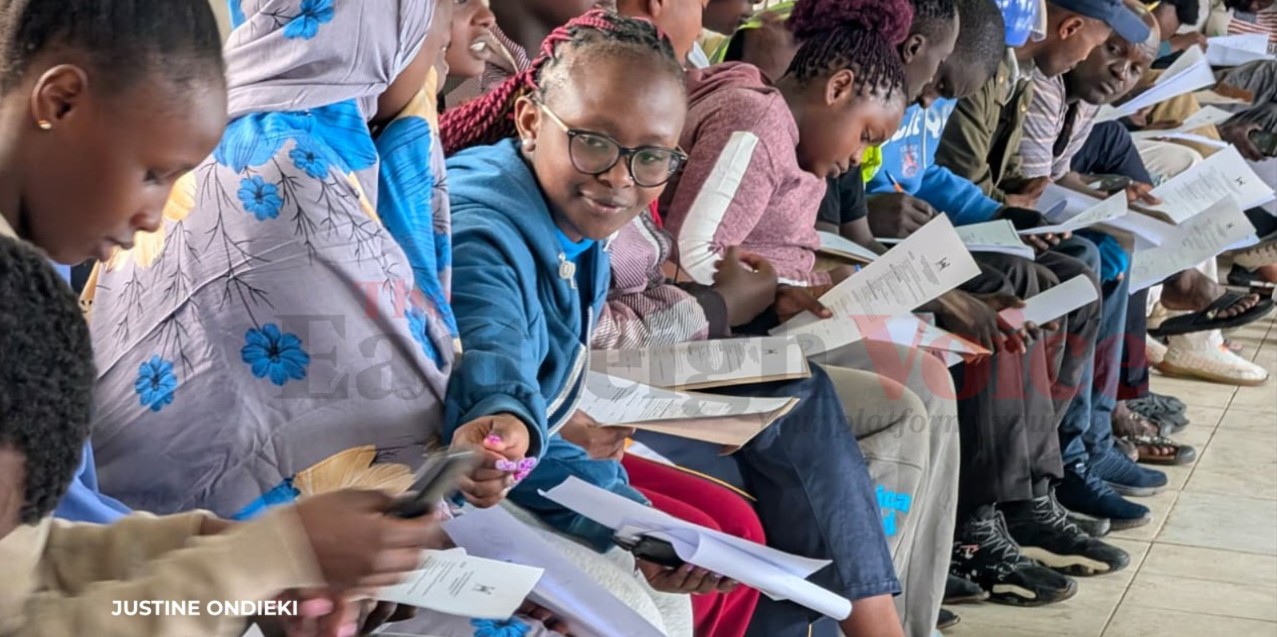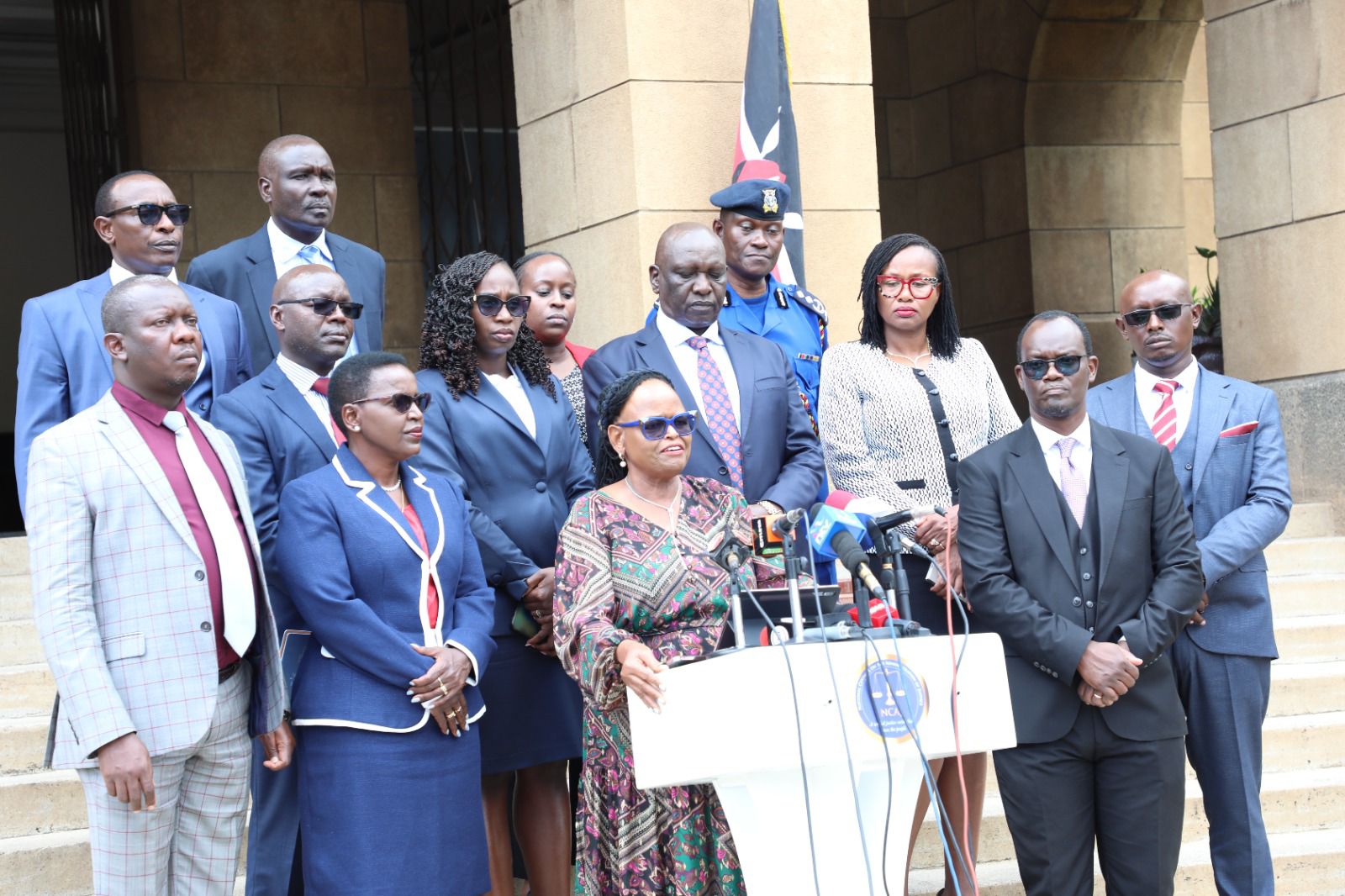Judiciary commits to prioritising time-sensitive cases for fairness

The resolutions were made after the leaders held a consultative meeting in Naivasha, from February 18 to 21, 2024.
The Judiciary has committed to prioritising time-sensitive cases in a bid to uphold the principles of fairness and timely justice.
The resolutions were made after the leaders held a consultative meeting in Naivasha, from February 18 to 21, 2024.
More To Read
- Explainer: How courts operate when the judiciary goes on recess
- Lawyer petitions CJ Koome to lift restrictions on e-filing system, cites rights violations
- Senator Sigei urges state agencies to share responsibility for protecting human rights
- CJ Koome urges contextual enforcement of Marriage Act, stronger family justice system
- Judiciary faces Sh576.6 million pending bills amid budget review
- Over 31,000 SGBV cases filed as courts improve response, Judiciary Report shows
In a communique released on Wednesday by Chief Justice Martha Koome, the amendments are set to address challenges facing the Judiciary in the administration of justice.
“The superior courts will endeavor to accord priority to time-sensitive cases to ensure their conclusion in a timeous manner whilst also respecting the principle that justice must be done to all irrespective of status,” reads the statement.
The leaders also resolved to streamline case management, promote the uptake and use of alternative forms of dispute resolution and enhance case and judgment management systems.
This includes updating procedural rules, optimizing court capacity, and promoting efficiency in handling appeals and applications.
Once new judges are recruited, the leaders noted that Koome will ensure they have a chance to serve at various stations.
“To promote the general wellness of Judges and to ensure that judicial decisions are not personalized, the Chief Justice will endeavor to ensure regular rotation of Judges and ensure all Judges are accorded an opportunity of serving in stations and divisions that handle high numbers of public interest matter,” reads the statement.
Graft war
The leaders also underscored their commitment to fighting corruption, promoting accountability and leveraging technology to improve service delivery.
They noted that the Judiciary despises corruption in all its forms and is committed to promoting and enforcing the principle of zero-tolerance for corruption.
“The Judiciary and the Judicial Service Commission shall continue to invest in agile and effective communication systems including regular updates on processing of complaints to deal with real or perceived corruption in the Judiciary,” they said.
Highlighting the importance of Judiciary independence, the leaders urged Kenyans and the government to respect and uphold court orders.
They also emphasized the need for adequate funding and inter-governmental collaboration to support the judiciary's mandate.
“The Judiciary will collaborate and work with the other arms of Government in the spirit of interdependence and reciprocity. However, the other arms of Government must respect the independence of the Judiciary,” reads the statement.
The heads of Court also endorsed the implementation of the Judiciary data tracking dashboard, saying it will enable real-time monitoring of court activities, outputs and trend analysis into the performance of courts to facilitate data-informed decision-making.
Top Stories Today












































